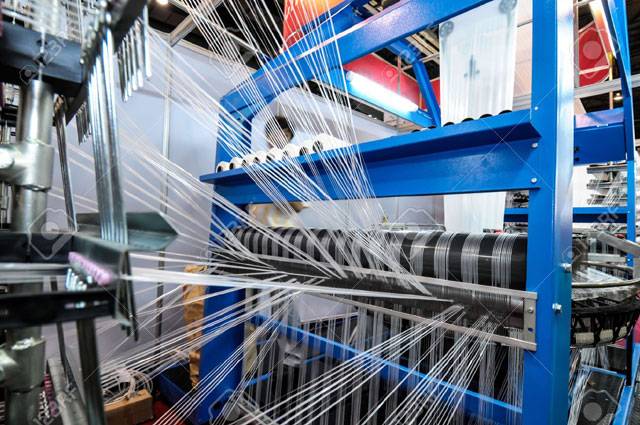LAHORE - APTMA Chairman Aamir Fayyaz has urged federal government to immediately withdraw restrictions on import of cotton to let the industry meet the export requirement of quality textile products by the international buyers. The industry is badly in need of contamination-free fine and medium staple cotton to produce goods meant for exports. The government should immediately announce withdrawal of 4 percent Customs duty and 5 percent Sales tax as per the announcement made by the prime minister vide an initiative of export led growth package, he stressed. Also, he stressed, the government must withdraw non-tariff measures (NTM)/restrictions on import of cotton from India and Brazil, which was restricted to import uptil 30th May 2017 since these cottons are being exported at all destinations without any such restriction.
He said the local cotton production is estimated at 12 million bales for the current cotton crop season. The industry has so far procured only around 40-50 percent of its requirement till date. Persistently hot weather in October 2017 has badly affected quality of cotton crop. Resultantly, cotton-dependent textile value chain has been exposed/forced to procure quality cotton to meet its demand for international buyers.
He said the above restrictions were imposed despite promises to the contrary under PM Export Package to ensure right price to the cotton farmers and now that over 70% of the crop is out of the hands of farmers, the government must withdraw duties/restrictions (NTMs) immediately as an emergency like situation has developed to protect our international export orders. If this is not done swiftly, it is feared our textile producers weighed down by unfair restrictions would not be able to compete with regional competitors.
He has urged both the Prime Minister Shahid Khaqan Abbasi and the Federal Textile Minister Pervaiz Malik to enable the industry to procure raw materials at competitive price. The future exports of the industry are heavily dependent on producing quality products, he added. It is worth noting that 30 – 35 percent textile capacity has already been impaired and a continuity of these restrictions would prove detrimental across the textile value chain.






